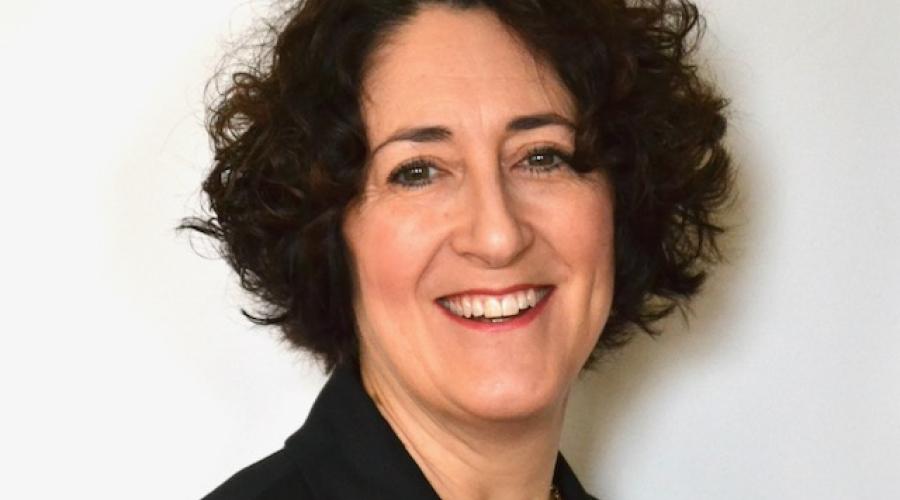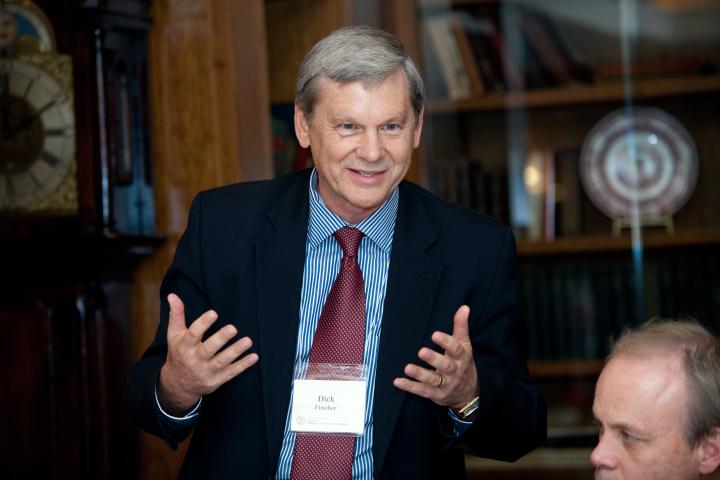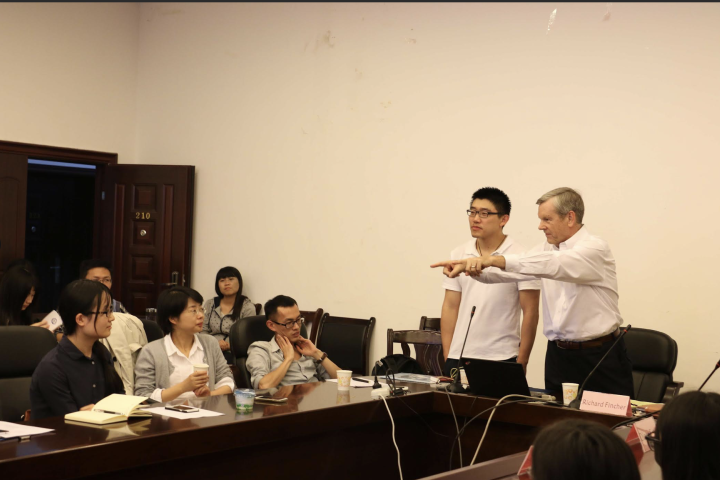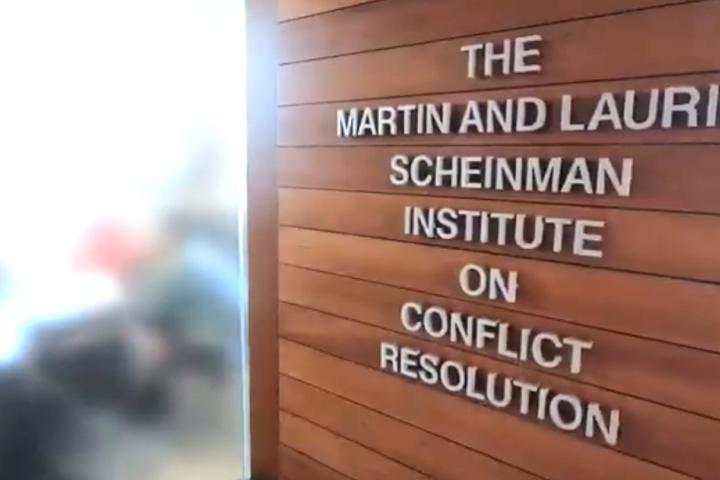
Scheinman Advisory Board Spotlight: Susan J. Panepento
Name: Susan J. Panepento
Current professional position: I am currently the Chair of the NYC Board of Collective Bargaining and the Director of the Office of Collective Bargaining (OCB), which administers and enforces the law governing labor relations between the City of New York and its unions. I also maintain a private labor and employment arbitration and mediation practice where I resolve disputes between public and private employers and unions.
Education:
Cornell University – B.S. ILR, 1985; Brooklyn Law School – J.D. 1991
Career highlights:
I was appointed by Mayor DiBlasio and the Municipal Labor Committee to serve as Chair of the New York City Board of Collective Bargaining and Director of the OCB on March 1, 2015, and have been reappointed twice since then, most recently under Mayor Adams’ administration.
I began my tenure with OCB as its Director of Representation. After four years in that role, I became OCB’s Deputy Chair of Dispute Resolution, functioning as the agency’s principal mediator and overseeing the arbitration process administered by the agency. In my current position as Chair, I also manage OCB and am responsible for its day-to-day operations, staff and attorneys.
I was President of the Association of Labor Relations Agencies (ALRA) from 2021-2022 and president-elect from 2019 -2021. This organization is a group of American and Canadian labor relations and dispute resolution agencies that collaborate for professional development and educational purposes. I held a number of other executive board positions in ALRA for many years and continue to be active in educating and facilitating presentations for its members.
For over 22 years, I have maintained a private arbitration and mediation practice in the tri-state area and have resolved hundreds of disputes involving public employers outside the City of New York, private employers and their unions. I am also a member of the National Academy of Arbitrators.
Prior to joining OCB, I worked briefly as the Eastern Associate Executive Director for the Directors Guild of America where I negotiated and enforced collective bargaining agreements and served as an Assistant Director Training Fund Trustee.
I was also an associate with the law firm Cohen, Weiss and Simon inNew York City for six years where I represented private and public sector local and national unions in federal and state court and before administrative tribunals in all aspects of collective bargaining and arbitration. I began my career in labor relations as a Field Examiner and Attorney with the National Labor Relations Board in Brooklyn, New York.
Most memorable professional experience:
I can’t describe a singular most memorable experience in my career. I feel fortunate to have had the opportunity to work continuously in a field that I find interesting and challenging and with colleagues and mentors that I respect. It is very important that the process of resolving workplace disputes, whether through mediation, arbitration or litigation, be done peacefully, efficiently and respectfully. Work comprises a substantial amount of time and emotional investment for most of us. In all aspects of my career, it has been rewarding to participate in the resolution of workplace disputes that assist in maintaining the livelihood of employees and the continuity of employers’ operations.
What are the biggest challenges now and ahead for the mediation and arbitration profession?
I think that the biggest challenges are to improve the image of the profession and maintain qualified and experienced practitioners who better reflect the workforce that utilizes these services. Mediation, but more so arbitration, received a substantial amount of negative publicity in the recent past. A public perception of unfairness, whether substantiated or not, is not good for the field or for labor relations. A lack of diversity in qualified labor arbitrators and mediators helps to feed that negative perception. Making efforts towards rectifying these two inter-related issues will ensure that mediation and arbitration remain a cornerstone of positive labor relations.
What is your motivation to be involved with the Scheinman Institute?
I have tremendous respect for the ILR School and the Scheinman Institute. The quality of the staff, education, and programming provided are superior. It’s an honor to serve on the Board and I hope that my experience, particularly in the public sector, will be a valuable contribution to the evolution of mediation and arbitration.
Personal experience working with the Scheinman Institute and/or ILR:
I have used the Scheinman Institute’s staff to conduct facilitation and mediation training for OCB’s staff as well as for management and union labor negotiators and legal staff in New York City. OCB has provided an internship opportunity for an undergraduate from ILR every summer for decades. I served on an advisory committee for a 2023 conference on the next generation of neutrals co-sponsored by the Scheinman Institute and the National Academy of Arbitrators. I have presented at and attended numerous CLE and other programs sponsored by ILR’s Extension Office in New York City. I also served on the ILR Alumni Board and as an officer for over a decade.
Advice to students in the Conflict Resolution field:
Listening skills and understanding of the workplace and/or mastering the issues are qualities that are essential to dispute resolution. Demonstrating these skills as a neutral will gain the parties’ confidence and help to build relationships. Finding and using mentors you respect and enjoy is also incredibly valuable. It is important to discuss what you do as a neutral to get constructive feedback on your approach and learn new things.



